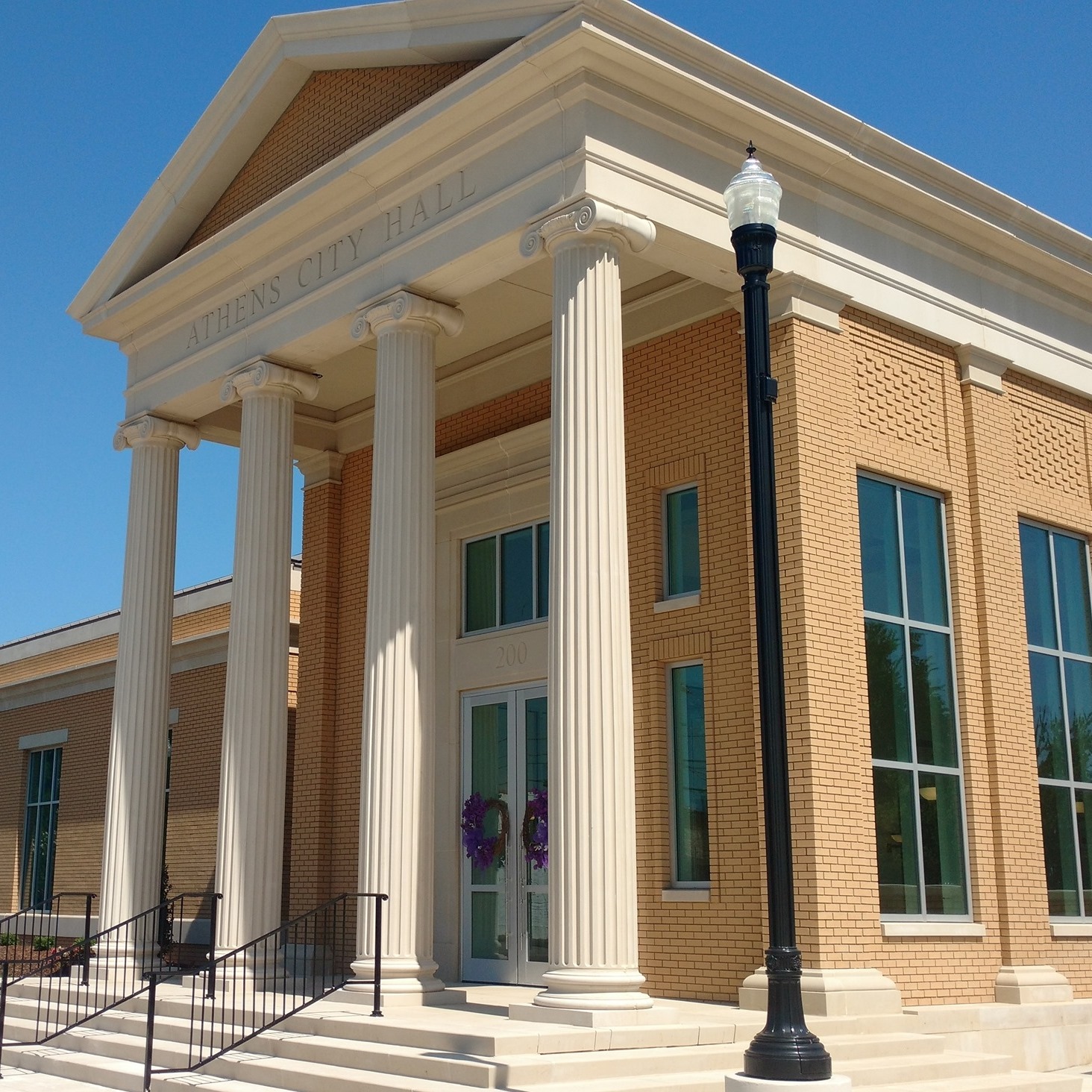CHIEF FINANCIAL OFFICER SEARCH: School board talks process of vetting applicants
Published 6:30 am Saturday, December 2, 2017
The Limestone County School Board’s plan to interview candidates for chief financial officer in a closed session would constitute a violation of the state’s Open Meetings Act, a legal expert said Friday.
Evans Bailey, who advises the Alabama Press Association and its member newspapers, cited two similar cases involving government boards and newspapers. Those cases, Davis v. the Birmingham News and Miglianico v. the Birmingham News, involved situations where public board members had hired a recruiter but also wanted to interview the candidates in private.
Trending
“It was found that these were still considered meetings according the the Open Meetings Act and needed to be held in public,” Evans said. “We think that if a court was presented with this situation, they would determine that the board violated the Open Meetings Act based on the Birmingham News cases.”
At a special called meeting Thursday, the Limestone County School Board discussed its efforts to replace Anne Swanner, who will retire Dec. 20. In an unprecedented move, the board talked about interviewing the five candidates privately to avoid the publication of the potential CSFO’s names.
Board member Brett McGill said an official with the Alabama Association of School Boards, the group leading the candidate search, said the process of interviewing the five candidates could be done privately as long as no more than three board members were present.
Governmental boards are required to meet a number of requirements if a quorum is present, according to the state’s Open Meetings Act. For example, the act states matters or expenditures of public funds cannot be voted on without a quorum.
Board President Charles Shoulders said the board wants to hold private interviews because “qualified candidates may be reluctant to apply if their name is going to be published in a newspaper.”
“We want to protect the applicants from any discomfort or possible retribution from a current employer,” he added.
Trending
The board elected Shoulders, McGill and board member Ronald Christ to represent the board during the closed session, where they will use a series of pre-determined questions to interview the candidates recommended by the AASB. The trio will then narrow down the group to two finalists.
Once the final two candidates are established, the board discussed then interviewing them in a public setting that would then be open to the media and public.
According to school board member Earl Glaze, “the two will have to agree to have their names made public as a stipulation for being considered.”
Glaze initially questioned the board’s decision to move the interviewing process out of the public eye because the matter involved public funds. His concerns were assuaged when the board threw around the idea of selecting representatives from the community to serve alongside the three board members during the closed session.
That idea, however, has been put on hold until the board meets again Dec. 5. Shoulders said that at that point the board “will decide if the closed session will consist of the three board members only or if community members will also be included.”
Members of the board also decided to extend the search another week until Dec. 12 and increase the minimum salary offering from $75,000 to $90,000. Up to this point, they have only received responses from two candidates, both of whom have been ruled out.
Shoulders expects the AASB to present their five finalists to the board by Dec. 14. He had originally hoped the board would be ready to approve a new CSFO by its Jan. 11 meeting but expects the approval to be delayed because of the new circumstances.
Superintendent Dr. Tom Sisk suggested that it might be possible for the board to hire an interim CSFO until a suitable candidate could be hired.
Glaze suggested the board hire an outside auditor to review the school’s financial books before the new CSFO starts “to see where we stand.”





